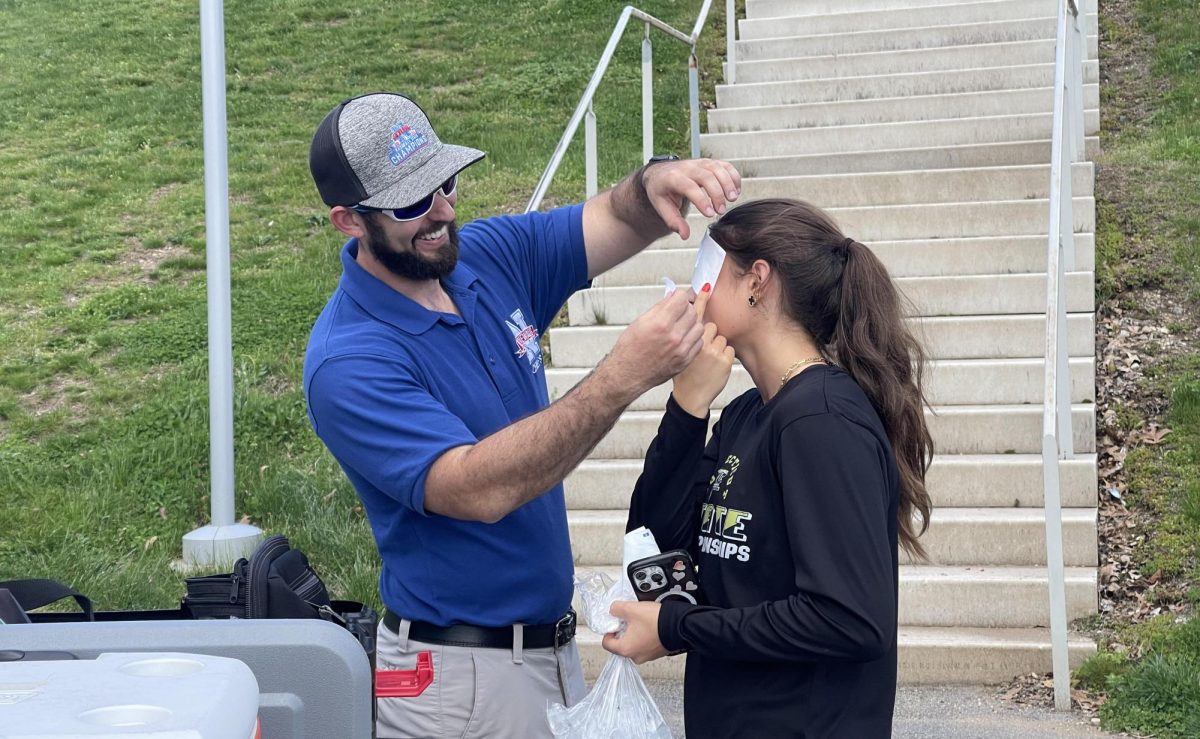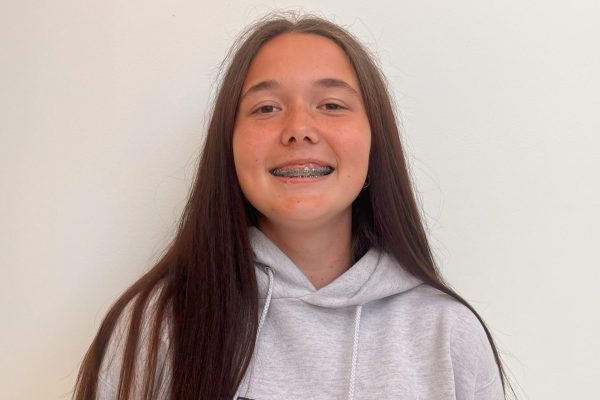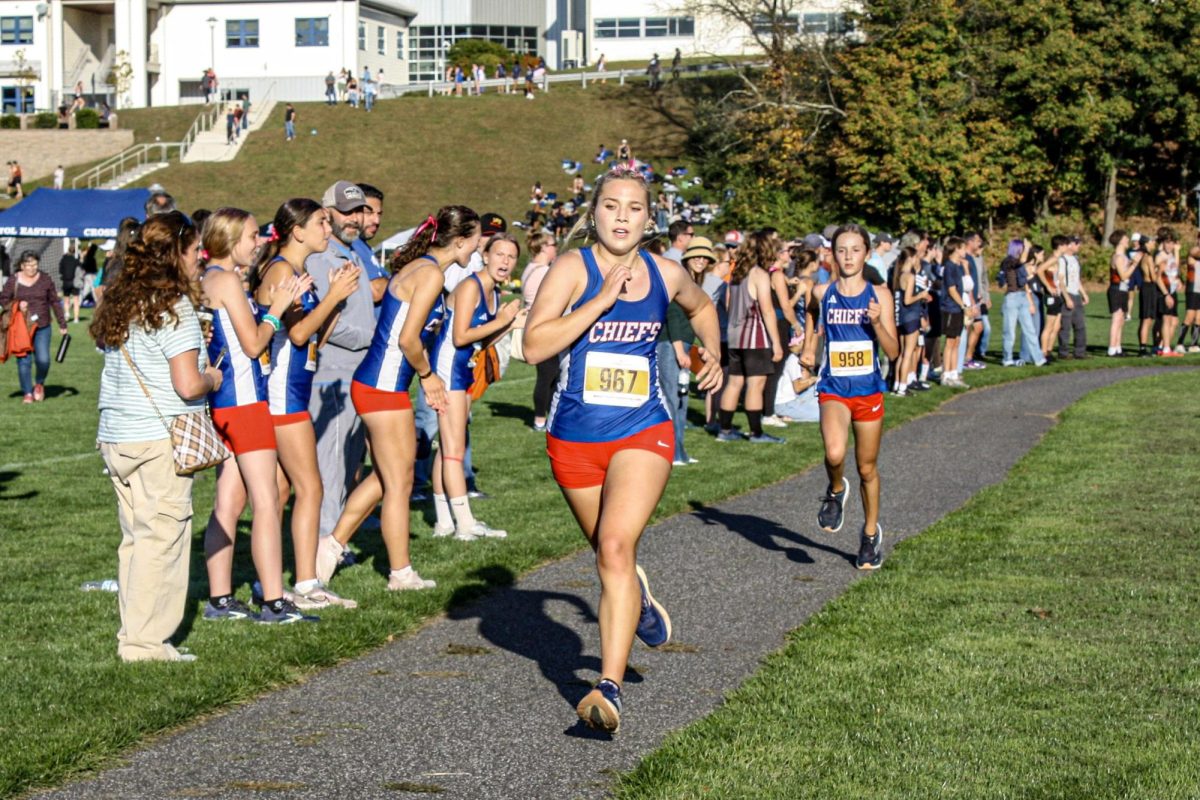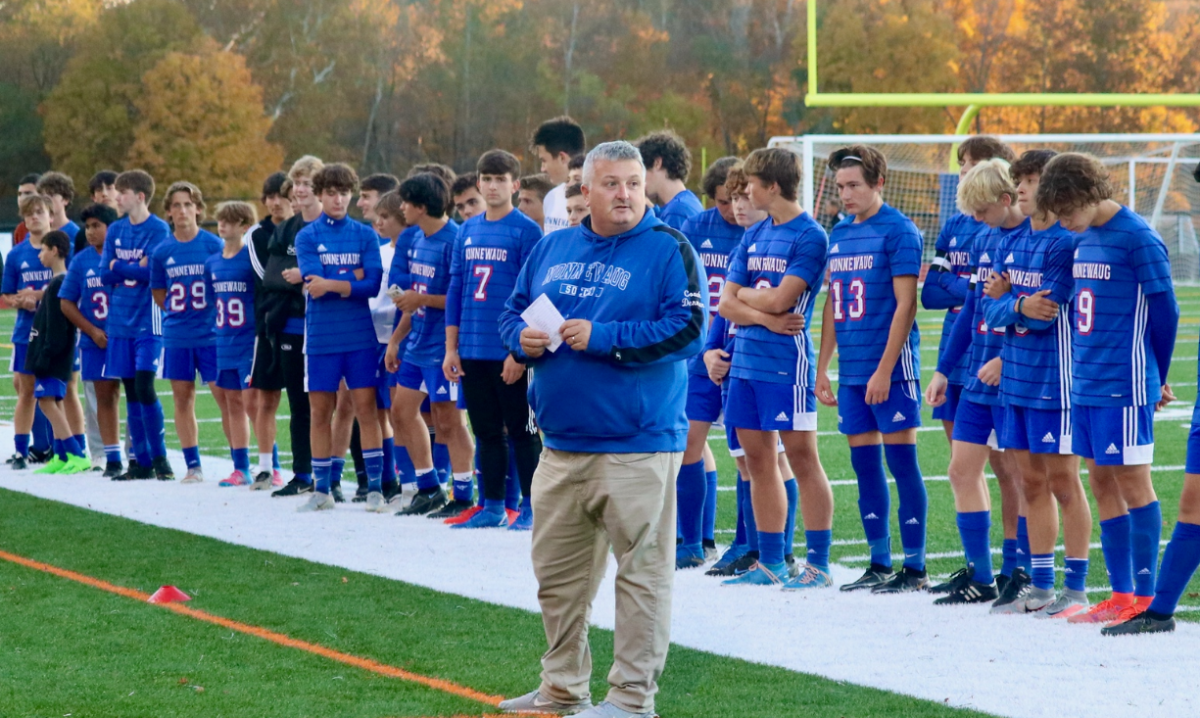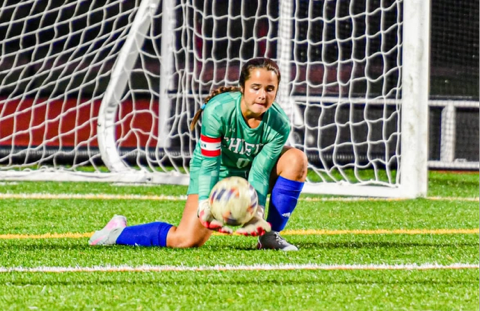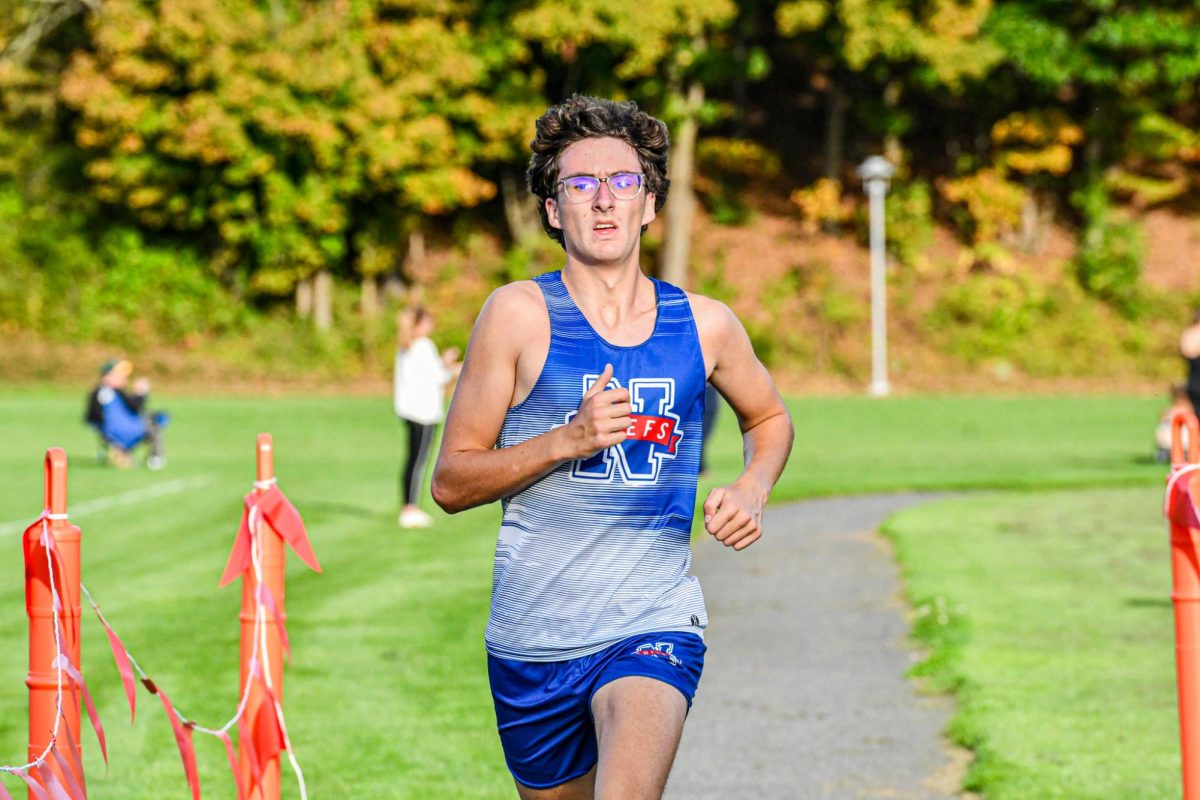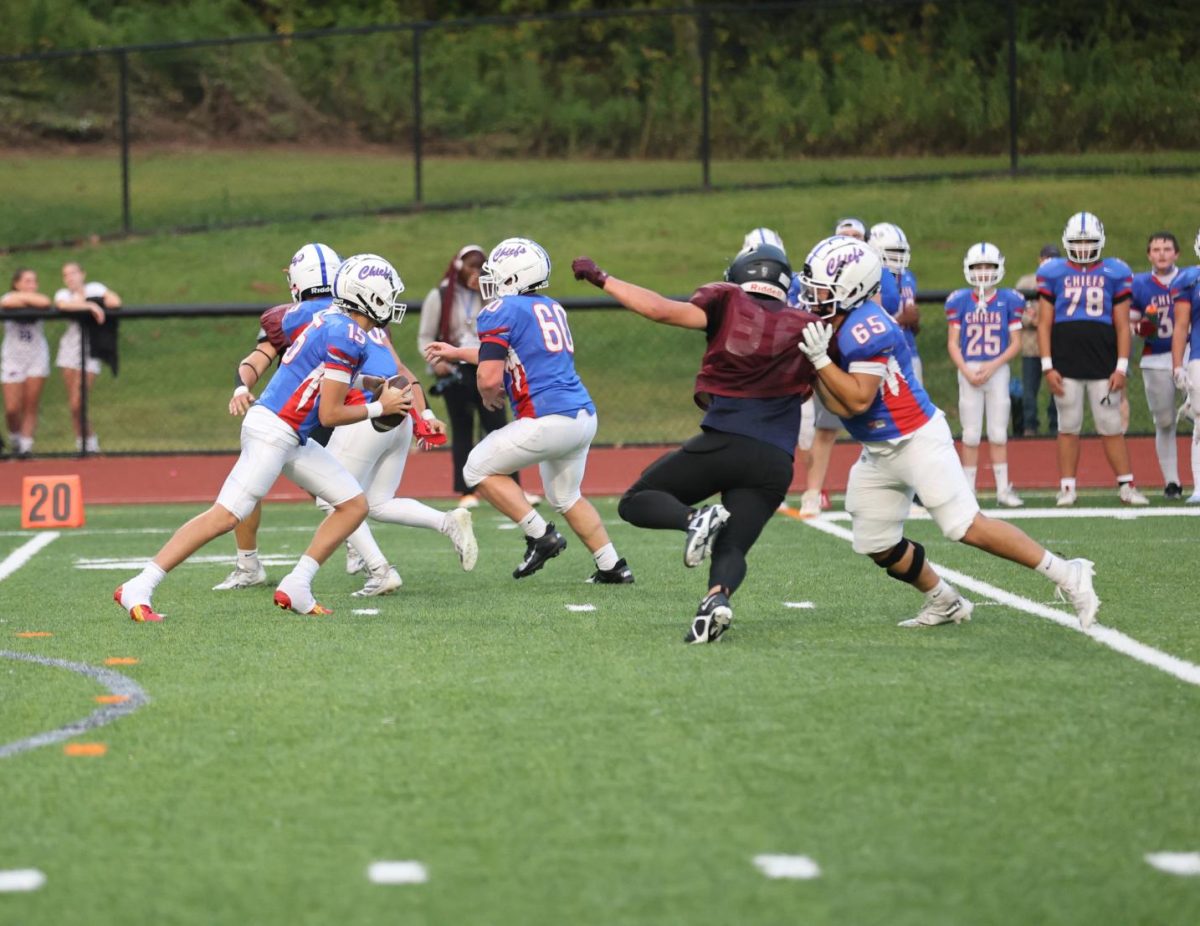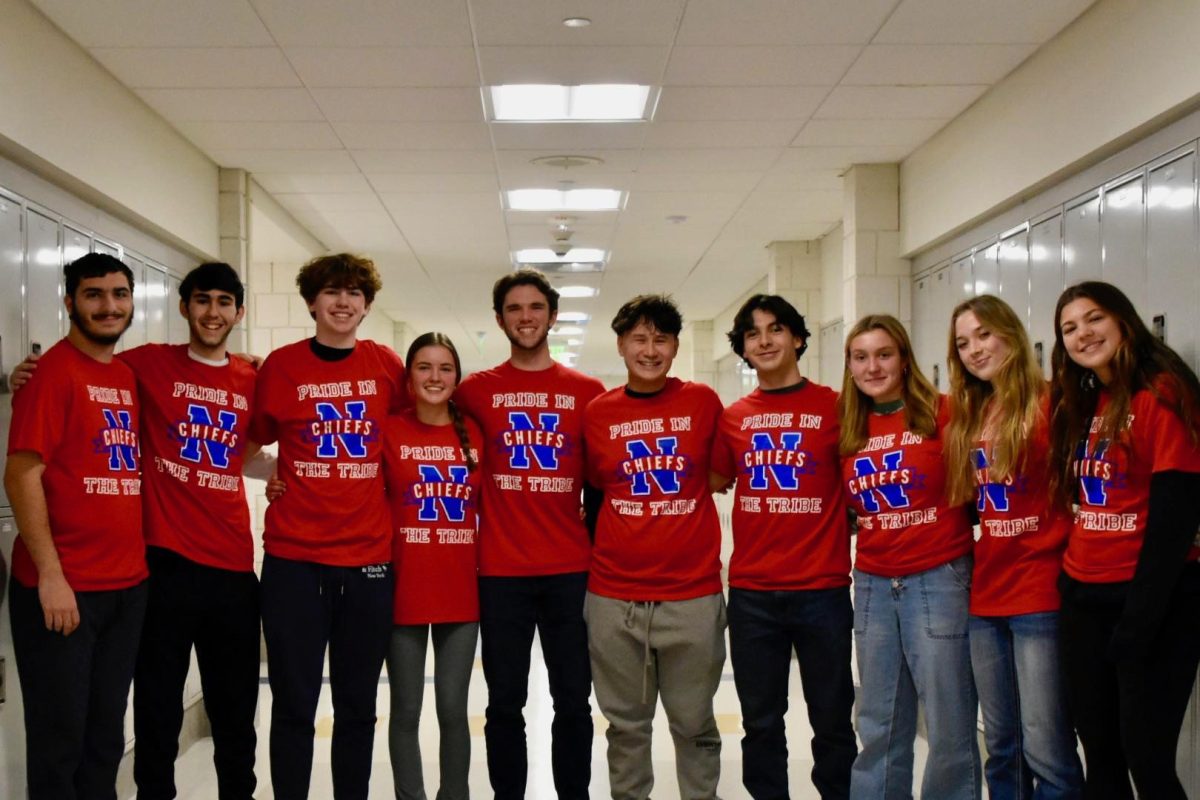WOODBURY — When spring sports end and summer begins, that’s usually the time when athletes get their long-awaited break. But this year, some athletes won’t get that summer break privilege they’ve grown accustomed to.
Beginning this summer, a new CIAC coaching rule allows coaches to work with players beginning the first Monday after the last playoff game of the spring sports season.
This new rule will be optional at Nonnewaug and will depend on whether each coach wishes to host a practice. Coaches are allowed to hold a practice two times a week for two hours each session.
Nonnewaug wrestling coach Dave Green, who is still growing accustomed to the new rule, thinks that it will be a good idea in the end.
“The wrestling team is looking into doing some possibilities of practice this summer,” said Green, who is in his fourth decade coaching. “It would be nice to give the wrestlers a nice opportunity to have some more competition on the mat.”
This will be the first year schools are participating in the new rule. While some schools are all for it, some aren’t. Nonnewaug was one of the schools that was on the fence about this new rule.
Nonnewaug athletic director Declan Curtin views this new policy as uncharted territory for NHS coaches and sees this summer as a trial run for coaches.
“Some schools are going ahead with this and allowing full access, some are budgeting and paying coaches, [and] some are asking coaches to volunteer,” said Curtin. “At Nonnewaug, we want to see how this goes for a year, so we gathered some information as we go through things and re-evaluated whether we pay coaches for next year or not to work with kids over the summer.”
Another element to think about with the new rule is trying to plan around who is available — athletes, coaches, and trainers — during the summer. Coaches who choose to have practices over the summer will have less time to take a trip or vacation, and this will also impact the athletic trainer’s summer schedule as well.
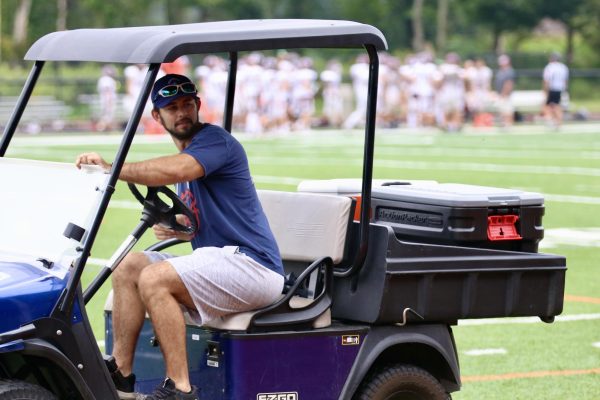
Sean McGee, Nonnewaug’s athletic trainer, is always on campus to help athletes. He is at NHS from noon to late in the day to support athletes — and during the winter season, McGee’s days stretch well into the late evening. Though he doesn’t mind working in the summertime, it’s a challenge for him to change the plans he was looking forward to.
“I don’t mind working in the summer, but when I try to schedule my vacations in the summer, I can’t leave if there’s a game that is going on,” said McGee. “Once a while I can miss a practice day, but I can’t miss a game. It will be challenging for me this year to take my own vacations and go out and do stuff instead of being at the school the whole time.”
It’s important to know that there is someone on campus who is professionally and medically trained. McGee is trusted by many coaches and athletes, and he’s willing to put in the work.
Compared to typical high school practices, summertime practices are much more consequential from an athletic trainer’s perspective due to extreme weather that can bring heat and humidity. Peaks in the summer can hit over 90 degrees for weeks.
Using a formula that considers heat index and humidity, Region 14 utilizes the Wet Bulb Globe Temperature to determine whether NHS athletes should be practicing in extreme heat conditions. Now with summer practices, this means that safety considerations will be at a new high, and newer precautions must be accounted for by trainers and coaches.
“It’s really important because of heat stroke — it’s one of the No. 1 killers in high school and youth athletics,” said McGee. “If you don’t take the adequate measures and don’t know how to treat a kid or an athlete like that, then yeah, there’s a possible chance of being injured — it’s a very deadly situation.”
Physical clearances are the first step to being able to practice. Nonnewaug athletes must sign up on FamilyID, which in the next couple months will be renamed Arbiter Sports. This program asks students’ parents to update health records and assign emergency contacts.
Usually, athletes will sign up for FamilyID a couple of weeks prior to the first practice so the school has a record of how many kids will participate, ensure they have physical clearance from their doctor, and have contact info for any type of emergency. With the new summer sports rules, if athletes and coaches either wish to have a practice, or the athletes on their own time decide to train in the weight room, they will need to be signed up on FamilyID.
For NHS athletes who will be taking part in summer practices, having McGee on site is especially critical.
“Sean is important because he’s helped my back pain more than any physical therapist that I’ve been to,” said Chase Heidorn, a junior player on the Northwest United football team. “Sean’s a great person to talk to.”
For parents of NHS summer athletes, having McGee on campus isn’t just reassuring; it’s imperative.
“I think it’s important because it’s the first line of support if anyone gets injured or needs a trainer on hand,” said Matt Greaves, the world languages department chairperson and parent of a rising 10th-grade athlete. “I think it’s also important to have a trainer present to determine if a player needs further medical assistance, so it’s kind of a way to triage injuries and or conditions on the spot.”
With McGee, NHS athletes will be in good hands this summer.
“I think Sean’s great at what he does,” Greaves added. “He builds good relationships with the kids and athletes, and that’s important, too. [Having him present] is an added sense of security.”



